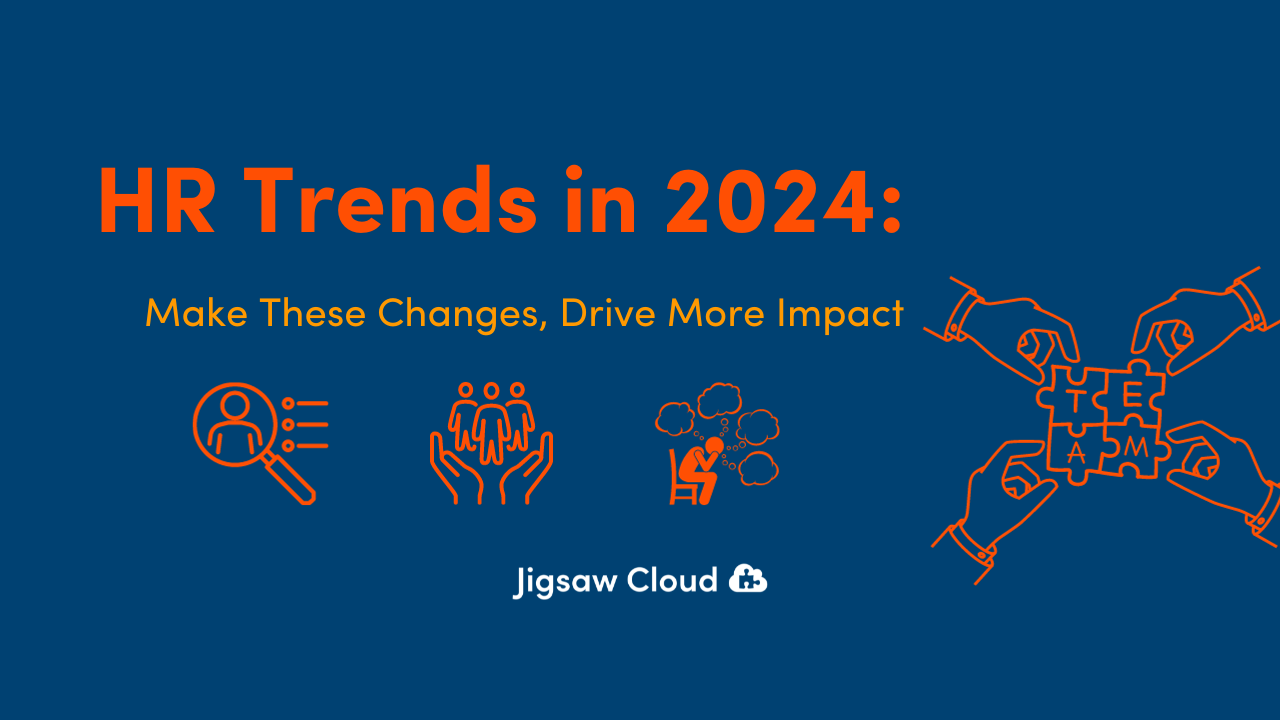
Identify the critical skills and competencies your organisation needs to become resilient in 2022 — and find out how to start building them.
According to Gartner, building critical skills and competencies is the number one priority for 59% of HR leaders in 2022. This isn’t surprising, considering the unexpected challenges many businesses have faced over the past two years – many HR leaders will want to make sure they’re equipped for anything 2022 brings their way.
Gartner
Staying resilient and reducing risk across your organisation demands completely new skillsets that either weren’t needed or didn’t exist before the pandemic. To future-proof your organisation and stay ahead of the competition, you’ll need to assess the skills your employees have today and spot where your gaps are.
Below, we’ll explore how you can evaluate your organisation’s current skillsets, source and grow any additional skills your teams need, and use valuable tools to track skills development across your employees.
Evaluating your current skills
Stepping back and taking stock of your current skills is a crucial first step to future-proofing your organisation, but there’s no doubt it’s a tricky challenge.
If you’re a business that spans multiple locations with dozens of people, it might be difficult to gain a clear oversight of your teams and their skillsets. And equally, if you’re a smaller business, it can be hard to identify skills gaps among your teams if you don’t know the skillsets you need.
In either case, using a central HR platform with the right succession planning tools can help you identify and track the existing skills among your employees, spot top performers, and ensure everybody is in the right roles within your organisation.
It’s also a good idea to speak to the line managers, as they’ll have their finger on the pulse as to who’s ready to progress and expand their skillset, who could do with additional support, and where there are specific skills missing among your teams.
Closing your skills gaps
Once you’ve identified which missing skills you need to become more resilient, you can start to develop them across your organisation. But you’ll need to make sure you have the right tools and development structures in place to grow these skills effectively.
A great place to start is by focusing on the skills your employees actually want to develop. They’ll benefit by gaining a chance to progress their careers, and you’ll benefit by raising employee morale and broadening skillsets among your teams. Plus, PwC reports that 74% of employees are ready to learn new skills or completely retrain in order to remain employable in the future – so there’s a clear appetite for opportunities to learn.
Supporting skills development doesn’t need to take up a lot of your senior employees’ time, either. With an easy-to-use modern eLearning platform, you can offer your employees access to training resources wherever they’re based, giving them a chance to take control of their development journeys.
Modern eLearning platforms can also be useful for developing softer skills such as communication, empathy, and emotional intelligence among your employees and managers. Skills like these have become even more important since the pandemic – with many teams working remotely, soft skills are crucial to keeping employees engaged and motivated, and feeling like they’re supported.
How technology can help
Succession and eLearning platforms aren’t the only technologies that can help you fill your skills gaps and become more resilient. With the right performance management tools, you can continuously assess the growing skillsets across your business and keep track of where you’re missing any essential skills.
Many of these tools will offer automated insights on what’s working within your business and what isn’t, and help you manage goals across the teams and structure performance reviews.
And according to Gartner, 81% of HR leaders are already making changes to their performance management structures, so now’s the perfect time to enhance your review processes.
Gartner
For the skills you can’t develop within your business, you’ll need to recruit – but the recruitment process doesn’t need to take up all your time and resources. Many HR leaders are already using dedicated recruitment management tools to simplify the recruitment process for candidates, and automate a lot of the administration tasks involved with application management.
There are other automation opportunities across your business, too. A lot of today’s HR leaders are using AI-powered tools such as chatbots to automate data management processes, and help employees book holidays and record absences. With these repetitive tasks covered, it leaves you and your employees free to use your skills in more valuable parts of your business.
Ready to get the skills you need in 2022?
If you’d like to explore how you can build critical skills and competencies in your organisation, we have consultants with decades of HR experience across a wide range of sectors – just get in touch to see how we can help.


